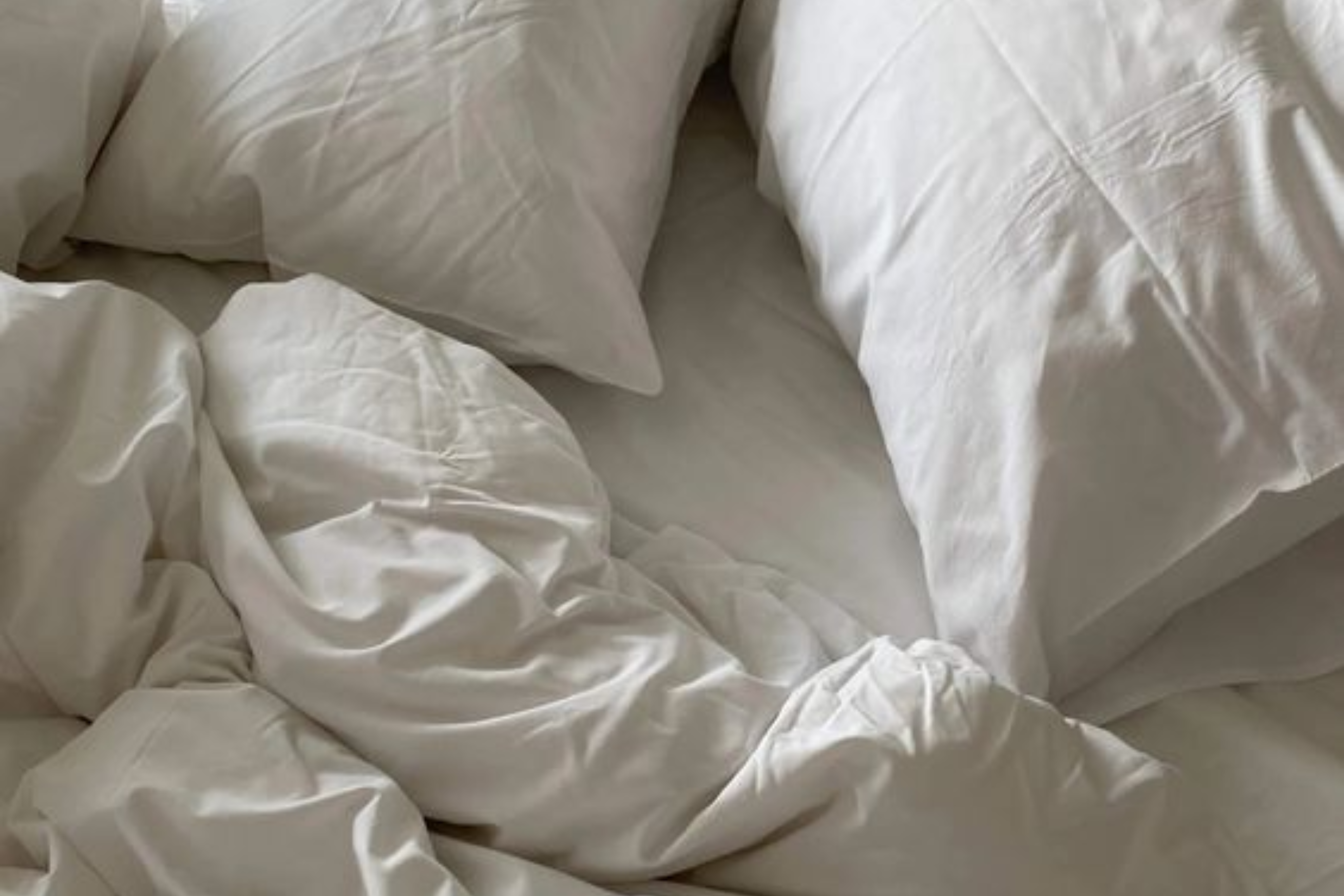
Perfecting the blend of caffeine and sleep
A few months ago at work, we were chatting about being addicted to caffeine. I was pretty certain I wasn’t addicted and just really enjoyed tea and coffee so decided to challenge myself to a “no caffeine day”. I made it to 10am.
We all know that caffeine is a stimulant, and a lot of us need it to stay awake and alert during workdays or late-night study sessions. However, caffeine's effects on our sleep can be a bit tricky to navigate. Here's how it works:
The Half-Life of Caffeine: Caffeine has a half-life of about 5-6 hours, which means 5-6 hours after a cup of coffee, half of the caffeine is still in your system and 10-12 hours later, a quarter of it is still in your system.
Interrupted Sleep: Even if you do manage to fall asleep after consuming caffeine, it can lead to more fragmented and less restorative sleep. This means you might wake up feeling groggy and not as refreshed.
Thankfully, there's plenty that you can do to still enjoy caffeine but prevent it from sabotaging your sleep:
- Set a Caffeine Curfew: To minimize caffeine's interference with your sleep, establish a caffeine curfew. I usually try to set mine to 12pm so that we’re a bit past the last cups half life by the time I’m ready to sleep around 11pm.
- Mind Your Dosage: Keep an eye on how much caffeine you're consuming throughout the day. It's not just coffee; don't forget about tea, energy drinks, and even some medications. Moderation is key.
- Hydration Matters: Balance out your caffeine intake with plenty of water. Dehydration can make it harder for your body to process caffeine and can contribute to restless sleep.
- Opt for Decaf: If you're craving a hot beverage in the evening, consider decaffeinated options. They offer the comforting taste without the sleep-disrupting caffeine.
- Monitor Your Sleep Patterns: Pay attention to how caffeine affects your sleep personally. Some people are more sensitive to caffeine than others. Adjust your caffeine consumption accordingly if you notice a negative impact on your sleep.
- Healthy Sleep Habits: Cultivate good sleep hygiene. Create a calming bedtime routine, keep your sleep environment comfortable and dark, and stick to a consistent sleep schedule.
- Consider Alternatives: If you're struggling with sleep but can't bear to part with caffeine entirely, explore alternatives like herbal teas (chamomile, lavender) that can promote relaxation.
Adenosine receptors are proteins found on the surface of cells, particularly in the brain. They play a crucial role in regulating sleep and wakefulness. Adenosine, a natural compound in the body, gradually accumulates in the brain during periods of wakefulness, promoting relaxation and drowsiness. When adenosine binds to its receptors, it signals to the brain that it's time to rest. Caffeine, a well-known stimulant found in coffee and other beverages, impacts adenosine receptors by blocking adenosine from binding to them. This leads to increased alertness and reduced feelings of sleepiness, as caffeine counteracts adenosine's relaxing effects.


